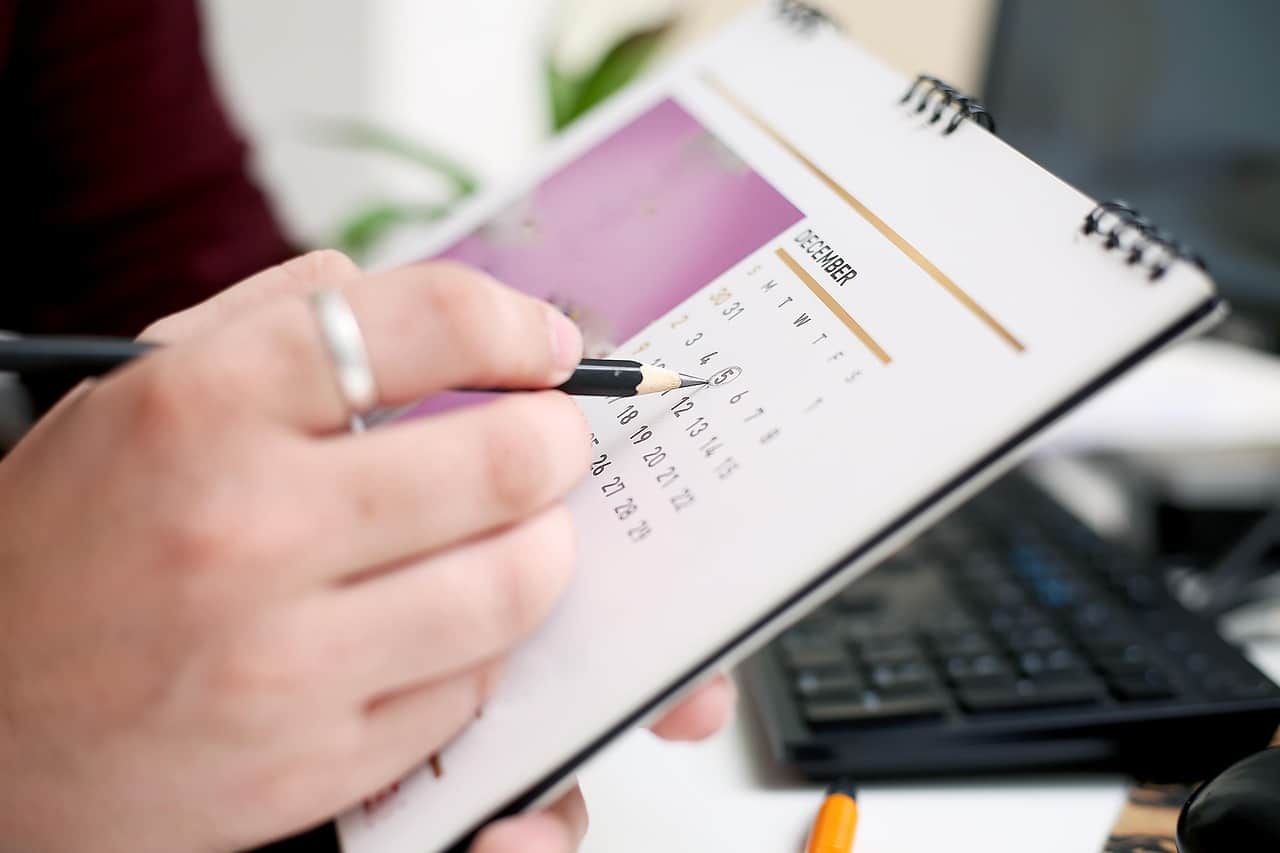The surprising benefits of taking unscheduled breaks reveal a major shift in how we think about rest and productivity. In 2025, wellness trends emphasize not just scheduled pauses, but spontaneous micro-breaks that recharge the mind, spark creativity, reduce stress, and physically refresh the body. These impromptu moments of rest—when embraced thoughtfully—can lead to transformative effects on performance, health, and emotional resilience.

The surprising benefits of taking unscheduled breaks begin the moment you acknowledge that not all rest needs a calendar invite. A spontaneous pause—a brief walk, a few deep breaths, or simply closing your eyes—can deliver more mental reset than a fixed 10-minute coffee break. As work becomes nonstop and screen time increases, creating space for these pequeños intermissions is proving to be a powerful lifestyle trend.
1. Mental Recharge and Peak Focus
When you take an unscheduled break, your brain has a chance to process information and reset focus naturally. Recent cognitive science research shows that even a few minutes of diversion can reduce mental fatigue significantly.¹ In one experiment, participants who took short, self-initiated breaks performed better on creative and focus tasks than those who followed rigid break schedules.²
These findings confirm that the surprising benefits of taking unscheduled breaks include not just temporary relief, but enhanced cognitive performance that lasts throughout the day.
2. Creativity Unleashed by Mental Wandering
Rest periods trigger shifts to the brain’s default mode network—the same network linked to insight and creativity. A well-documented study at Stanford found that subjects who took walks—often unplanned—generated more novel ideas than those who didn’t.³
Unscheduled breaks open a window for your subconscious mind to connect dots and surface those “aha” moments you’d miss in nonstop focus.
3. Stress Reduction and Emotional Resilience
Another major benefit of spontaneous breaks is stress relief. At Baylor University, researchers discovered that workers who took frequent micro-breaks throughout the day experienced less emotional strain, higher energy, and better motivation.⁴ A separate study found that even brief pauses, directed by the individual, significantly restored vigor and reduced fatigue.⁵
These findings show that treating unscheduled interruptions as restful breaks can build emotional resilience and reduce stress accumulation over time.
4. Physical Renewal from Movement
Most of us spend hours seated, which increases the risk of neck strain, back pain, and headaches. One surprising benefit of taking unscheduled breaks is physical relief. Even a short stretch or walk during a spontaneous pause improves posture, blood flow, and eye health.⁴
Simple physical reset—like rolling shoulders or standing up—can turn a slump into renewed energy.
5. Building Adaptability to Interruptions
Interruptions are inevitable—emails, messages, phone calls. How you respond to them shapes your mental environment. Studies show that when interruptions are viewed as spontaneous rest rather than stressors, productivity and mood remain stable.²
Use this benefit by reframing random interruptions as brief restoration opportunities. This strengthens resilience to change and helps maintain flow rather than resisting disruption.
6. Cultural Acceptance of Spontaneous Rest
2025 workplace well-being trends increasingly recognize unscheduled breaks as integral to mental health.⁶ Organizations invest in policies that normalize spontaneous pauses—like pause-aware meetings or voluntary micro-break prompts.
One survey revealed many workers skip breaks entirely, contributing to burnout and cognitive decline.⁷ Recognizing unscheduled rest helps shift culture away from constant hustle and toward sustainable productivity.
7. Practical Strategies for Unscheduled Breaks
To harness the surprising benefits of taking unscheduled breaks, here are actionable techniques:
- Follow your energy cues
Pause when concentration drops or tension arises—listen to your body. - Use intentional transitions
After finishing a task or decision, step away briefly before starting something new. - Reinterpret distractions
If distracted by a ping or reminder, let it become a moment to relax, not stress. - Vary durations naturally
Keep breaks unpredictable—some seconds-long, others a few minutes, depending on need. - Encourage communal takeaways
Normalize unscheduled breaks by reminding teammates or sharing brief breaks together.
8. Designing a Micro-Break-Friendly Day
Try this template designed around triggers rather than clock time:
| Trigger | Break Option | Duration |
|---|---|---|
| Feeling mentally foggy | Stretch and eye rest | 1–2 minutes |
| After finishing a call or email session | Stand, walk, or enjoy outdoor air | 2–5 minutes |
| Computer glitch or delay | Relax posture, breathe calmly | Varies |
| Mid-afternoon mental dip | Jump rope, dance, or stretch | 3–7 minutes |
This approach guides you to rest intuitively, rather than at predetermined intervals—an essential benefit of embracing unplanned breaks.
9. Tracking the Impact of Breaks
Subjective measures:
- Notice faster mental resets
- Increased idea flow after break
- Less tension, more energy
Objective measures:
- Use a journal or app to track mood and performance after unscheduled breaks.
- Note correlations between break habits and focused, stable work periods.
Over time, you’ll see how these spontaneous pauses can shift your day for the better.
10. Why It Matters in Today’s Lifestyle
In 2025, our lifestyles blur the lines between work and life. Screens follow us into every moment, and “hustle culture” pressures us to be productive at all times. That’s why the surprising benefits of taking unscheduled breaks are more relevant than ever.
These breaks:
- Offer autonomy in how we rest
- Support mental health and reduce chronic stress
- Encourage creative thinking in non-linear ways
- Physically counter sedentary living
- Reduce burnout caused by rigid expectations
They help us navigate the digital overload and thrive in environments that demand consistent attention.
Conclusion
The surprising benefits of taking unscheduled breaks are multi-faceted:
- Sharpened attention and decreased fatigue
- Enhanced creativity through default-mode thinking
- Emotional restoration and decreased stress
- Physical relief from sedentary behavior
- Cultivated adaptability to interruptions
- Reinforced workplace cultures supportive of self-care
Embracing unscheduled pauses transforms rest from a luxury into a priority, shaping a lifestyle where productivity and well-being coexist.
Try this today: next time you notice a shift in mood or concentration, pause for a few deep breaths, stretch, or step outside. With consistency, these moments will add up—and soon, you’ll experience just how powerful spontaneous breaks can be.ips, pause—stretch, breathe, or step outside. Over time, these unscheduled breaks will shape a healthier, happier, more creative you.
References
- Harvard Business School. (2017). How unexpected breaks let you rest without losing focus. Available at: https://www.hbs.edu (Accessed: 3 July 2025).
- Global Wellness Institute. (2025). Workplace well-being initiative trends. Available at: https://globalwellnessinstitute.org (Accessed: 3 July 2025).
- New York Post. (2024). Psychologist: You need to set your alarm and take a break from work. Available at: https://nypost.com (Accessed: 3 July 2025).






